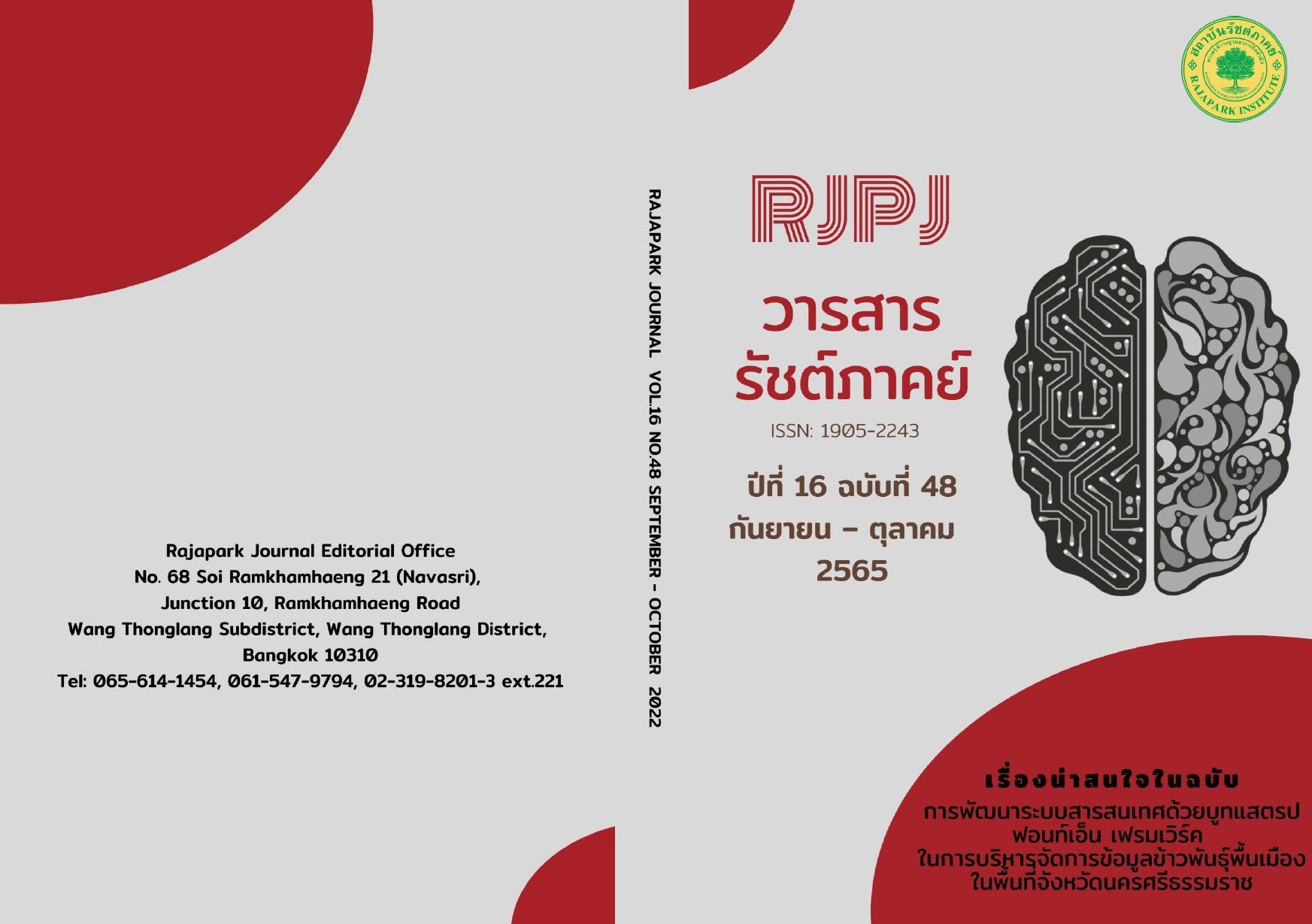The Development of Basic Education Schools Administration Model Based on the Philosophy of Sufficiency Economy in the Eastern Region
Main Article Content
Abstract
The purposes of this research were: to study the state, to create and develop the model and to examine the appropriation and feasibility of the model of basic education schools administration based on the philosophy of sufficiency economy in the eastern region. This research was integrated between quantitative research and qualitative research. The results of this research were 1) The state of basic education schools administration were rated at the highest level arranging in descending: budget administration, general administration, academic administration and human resources administration. 2) The model of basic education schools administration including academic administration: educational administration, curriculum and learning management measurement and evaluation and the attribution of students. Budget administration: budget preparation and proposal planning, budget allocation, financial management, accounting management, and checking and monitoring the expense. Human resources administration: the development for school personnel based on the philosophy of sufficiency economy, monitoring and extend the result and the attributions of the personal based on the philosophy of sufficiency economy. General administration: school buildings surroundings and school community 3) The model of administration is appropriateness feasibility and be able to use in school. In addition, there is a suggestion that it should have as important of being the school using the model of basic education schools administration based on the philosophy of sufficiency economy for the achievement of the administration.
Article Details

This work is licensed under a Creative Commons Attribution-NonCommercial-NoDerivatives 4.0 International License.
Views and opinions appearing in the Journal it is the responsibility of the author of the article, and does not constitute the view and responsibility of the editorial team.
References
Boonyapo, S. (2012). The Administration Model for Excellence Basic Education School under The Primary Education Service Area Office[Doctoral Dissertation, Silpakorn University].
Information and Communication Technology Center, Office of the Permanent Secretary, Ministry of Education. (2020). The implementation of sufficiency economic philosophy in school. https://www.moe.go.th.
Leepairat, S., Gesthong, T., & Noichun, N. (2017) The World-Class Standard Elementary School Quality Management Model. Suthiparithat Journal, 31(100), 261-273. https://so05.tci- thaijo.org/index.php/DPUSuthiparithatJournal/article/view/243580/165287
Likert, R. (1967). The Method of Constructing and Attitude Scale, Reading in Attitude Theory and Measurement. Pp. 90-95. Fishbeic, Matin, Ed. Wiley & Son
Phibunsarawut, P. (2009). Application of Sufficiency Economy Philosophy. The Sufficiency Economy Research, Crown Property Bureau.
Srisa-ard. B. (2000). Preliminary research. Suweeriyasan.
Sufficiency Education Center, Yuwasathirakun Foundation. (2017). Driving of Basic Education. http://www.sufficiency.nida.ac.th/eduplan/
Tantivejkul, S. (2000). Living the Philosophy of Sufficiency Economy. Civie Service e-Journal, 45(2), 1-18.
Teerathongdee, P. (2010). School Administration According to the Sufficiency Economy Philosophy of The Ratchaburi Educational Service Area Office 2[Master’s Thesis, Muban Chombueng Rajabhat University].
Wichaakkharawit, C. (2012). Model of Basic School Administration Based on the Philosophy of Sufficiency Economy. Rajabhat Chiang Mai Research Journal, 13(2), 71–87. https://so05.tci-thaijo.org/index.php/cmruresearch/article/view/96115


